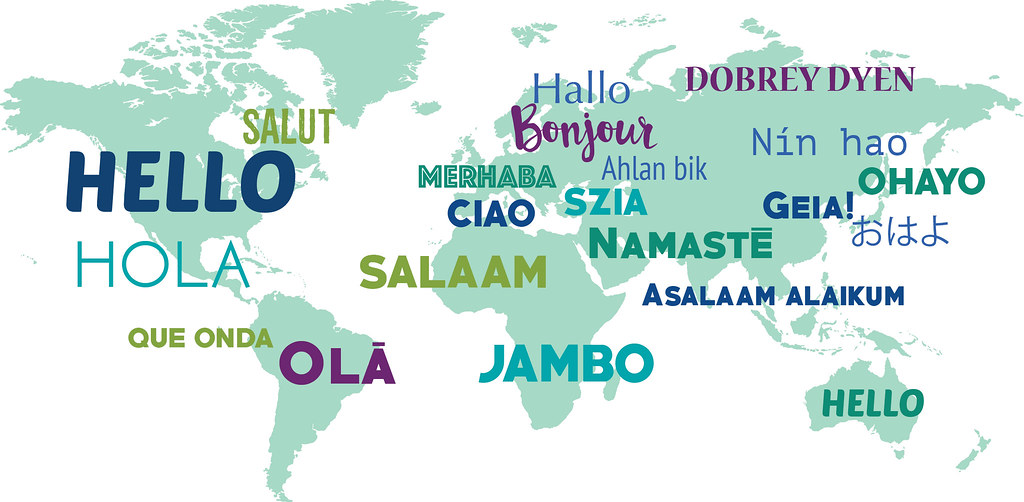The Israel and Palestine conflict has been flooding our tabloids and social media. People from all across the globe give prayers and spread pictures to be the voice for all those affected by the war. But what is the history behind this conflict, and why do some believe that boycotting companies does nothing?
To understand this conflict we have to go back to when it all started over 4,000 years ago. While it is hard to determine the things that happened 4,000 years ago, as there were no historians, one of the few sources of information we have on that time period comes from the Torah. However, even that is not an original text, the books of the Torah we have today are copies of copies. But because this is one of the few texts we have on the time period looking back on it we can infer that this all started because of a religious connection to the land.
According to the Hebrew bible, the land of Canaan, which we now know today as Israel, was given to Abraham and his descendants by God. Abraham’s descendants became the 12 tribes of Israel who dominated that area of the world. A famine forced the 12 tribes to relocate to Egypt for several generations. While the nation of Israel were immigrants in Egypt, sailors from Macedonian came to settle in the land of Canaan, alongside other indigenous residents who were descendants of Ishmael, the first son of Abraham. This is the population we now know as Palestinians.The Israelites returned to the land that was promised to their ancestor Abraham to find the Palestinians settled there in cities. This began the great conflict over that land. The city of Jerusalem became sacred to both Israelis, Muslim Palestine, and eventually Christians. Adding further religious fuel to this fight over land.
The current conflict can be traced more recently to the formation of the nation of Israel after WW2. The Jewish people were again allowed to reclaim their holy land, and once again upon arriving found Palestinians. In a similar accuracy the Israelites moved into the land of Canaan and once again pushed Palestine out. In an effort to reconcile with their enemies the West Bank and Gaza Strip were formed to give the Palestinians some space of their own. While this may sound like a generous solution, the Palestinians were forcefully removed from their homes, had their land taken from them, and they were not even allowed self governance. This situation created resentment and anger which has fueled the conflict for generations. The conflict that began thousands of years ago in an eerily similar manner to this.
To draw a simple analogy to explain this situation, we can think of the United States sectioning off part of Texas to give to Al Qaeda. This group that would live within our borders and be dedicated to our destruction and constantly be trying to wipe the United States off the map. This is the situation that Israel and Palsetine have lived in since WW2.
Taking it all back to today the conflict is worse than it ever was in the past. One of the more recent heartbreaking facts being that the minister of education in Palestine ended the 23/24 academic year because all the students have either been killed or severely injured. People all across the globe hear of these facts and want to make a difference. Boycotting companies that support Israel quickly became one of the most popular forms of support for those in Palestine.
While boycotting is good for smaller scale issues, it does very very little to such a huge complex conflict like this.
Benjamin Netanyahu (the prime minister of Israel) is not going to care if all of America stops buying Starbucks because it does very little to affect Israel. Now I am not saying that boycotting is bad, it has certainly raised awareness on the subject, which is needed. However through social media many have spread the idea that boycotting these companies will make a big difference, the sad truth being that it will not. It’s like trying to drain a lake a spoonful at a time. While boycotting does very little, an effective way you can help would be sending money to aid agencies supporting the Palestinian civilians. This way the money will go directly to aid for the families and children directly affected by the war.
All these deaths and heartbreak over land that nobody owned thousands of years ago and nobody will own again thousands of years from now, it is all just rented space that children and families are being killed over. Because of the huge historical background and complexity of the situation there is sadly just not much that we can do. However, while we can make no end to the conflict we can continue to raise awareness and be a voice for all those in Palestine while they have none.
Works Cited
Al Jazeera Staff. “What’s the Israel-Palestine Conflict About? A Simple Guide.” Www.aljazeera.com, 9 Oct. 2023, www.aljazeera.com/news/2023/10/9/whats-the-israel-palestine-conflict-about-a-simple-guide.
Center for Preventive Action. “Israeli-Palestinian Conflict.” Global Conflict Tracker, 16 Oct. 2023, www.cfr.org/global-conflict-tracker/conflict/israeli-palestinian-conflict#:~:text=The%20Israeli%2DPalestinian%20conflict%20dates.
Chughtai, Mohammed Haddad,Alia. “A Brief History of Israel-Palestine Conflict in 10 Maps.” Al Jazeera, www.aljazeera.com/news/2023/11/27/palestine-and-israel-brief-history-maps-and-charts#:~:text=The%20Nakba.
Evans, Pete. “Israel’s War with Hamas Brings Renewed Focus to BDS Movement and Role of Boycotts to Effect Change.” CBC, 29 Nov. 2023, www.cbc.ca/news/business/bds-boycott-explainer-1.7042139.
Tenbarge, Kat. “Social Media Fuels Boycotts against McDonald’s and Starbucks over Israel-Hamas War.” NBC News, 1 Dec. 2023, www.nbcnews.com/tech/social-media/social-media-fuels-boycotts-mcdonalds-starbucks-israel-hamas-war-rcna125121.
United Nations. “History of the Question of Palestine.” United Nations, 26 Feb. 2019, www.un.org/unispal/history/.
























